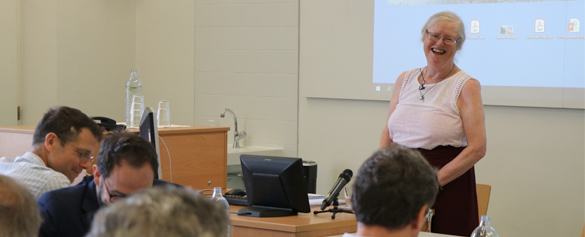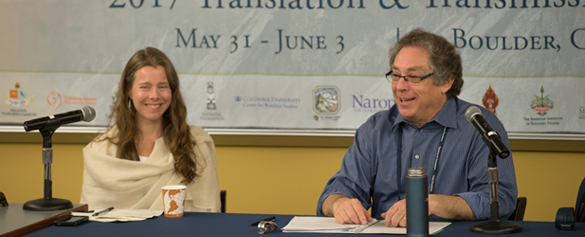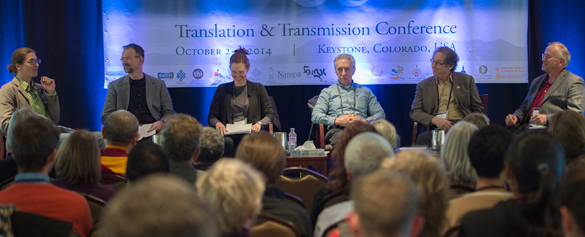The impact of a Shentong interpretation of Tathāgatagarbha doctrine from the point of view of a western Buddhist practitioner
Gwen Witt Dorring2022-11-16T23:39:23-07:00This paper briefly contrasts a Rangtong (rang stong) and Shentong (gzhan stong) interpretation of Buddhism and looks at how the Shentong interpretation of Tathāgatagarbha doctrine impacts on the understanding and practice of westerners, taking into account the way the translation of key terms into English is affecting the way they are understood and used. Some consideration is given to how Tathāgatagarbha doctrine relates to the earliest accounts of what the Buddha taught and how the seeds of the controversy around Tathāgatagarbha and the Shentong interpretation of Buddhism was present even at the time of the Buddha. This relates to how […]



